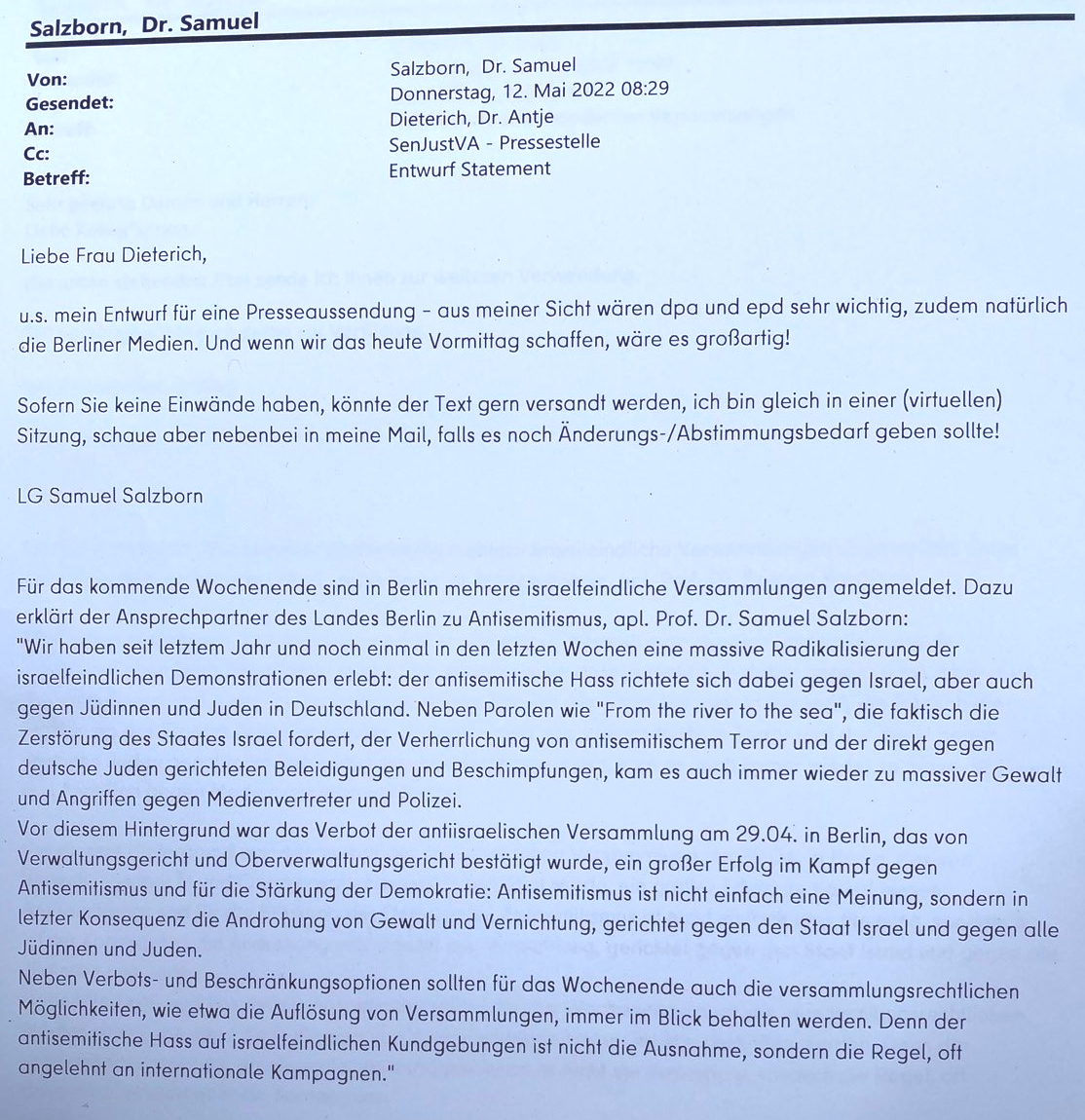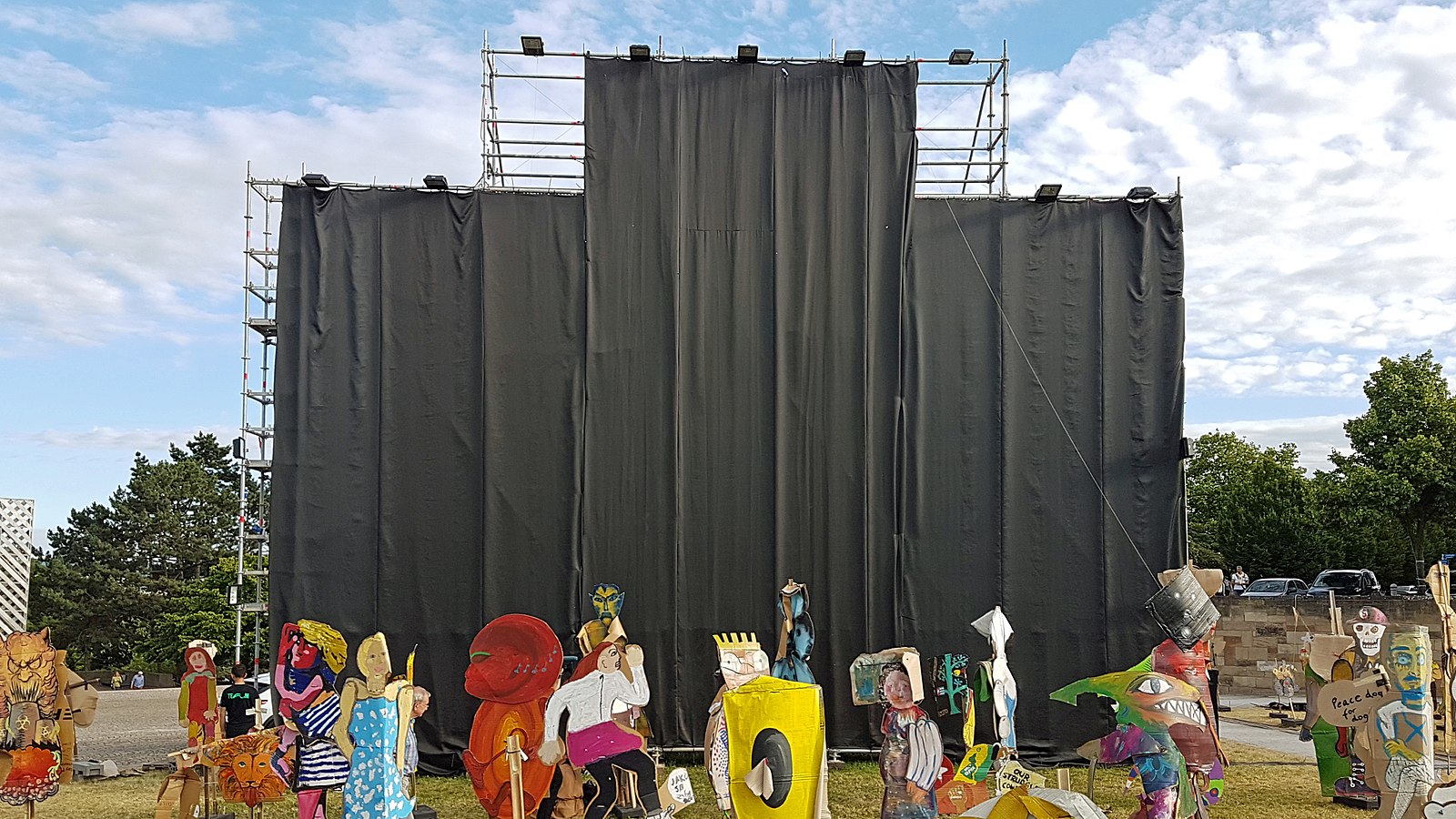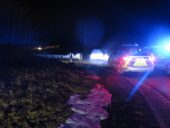The federal states have adopted some new measures on the “Middle East conflict”
Interior ministers and senators of the 16 German Länder want to strengthen their cooperation against “Israel-related anti-Semitism”. Among other things, they have decided to “convey a realistic image of Israel” in schools. The responsible agencies are to develop “assistance” for teaching staff and students. The promotion of encounter and exchange formats is also mentioned.
The measures can be found in the resolutions released for publication, which have now been put online. The actual meeting of the Standing Conference of the Ministers and Senators of the Interior of the Länder (IMK) already took place on 2 December in Munich. Bavaria currently holds the chair. In its resolutions, the IMK welcomes the implementation of already existing formats for the prevention of anti-Semitism. The “engagement against Israel-related anti-Semitism” is described as one of the permanent tasks of the federal and state governments.
It was also decided to improve the response “in the context of anti-Semitic events, expert conferences and campaigns, explicitly also in the fields of art, culture, science and public relations”. The wording is reminiscent of the “Hijacking Memory” conference, at which predominantly Jewish groups and individuals exchanged views on the instrumentalisation of anti-Semitism by the New Right in Berlin in the autumn. The circles addressed by this then accused the event itself of anti-Semitism.
This year, the Documenta art exhibition in Kassel also caused criticism after, among other things, figures depicted on a banner by the Indonesian collective Taring Padi were interpreted as anti-Semitic. The artists showed security forces from various countries with dog or pig faces. One of them wears a scarf with a Star of David and a helmet with the inscription of the Israeli Foreign Secret Service.
The resolutions of the IMK are based on the study of a federal-state working group (BLAG) entitled “Need for action due to increasing anti-Semitic and anti-Israeli agitation against the background of the Middle East conflict”, which has now also been published. The working group was chaired by the state of Hesse.
The BLAG paper contains even more far-reaching proposals, which were, however, not adopted by the IMK – or only in a modified form. For example, it recommends a “ban on statements, symbols, motifs, appeals, etc. aimed at the destruction of Israel”. It mentions “maps that question Israel’s right to exist”.
“Such a decision would simply be taking sides,” says anti-Semitism expert Peter Ullrich. Delegitimising the other side of the conflict by not naming it on maps is widespread in Israel as well as in Palestine, he explains. “This is an expression of the conflict, but not a sufficient indicator of anti-Semitism,” the sociologist and cultural scientist told “nd”.
According to the study, the countries should also ban calls directed against Israel, such as “From the River to the Sea, Palestine Will Be Free”. This slogan, however, is very open to interpretation, says Ullrich, and is also used by advocates of a democratic, binational state for all its inhabitants.
The working group suggests that activities against Israel’s right to exist that have been permissible up to now should also be “prevented by law or prosecuted”. To this end, the authorities should make greater use of bans on associations and activities. In addition, “anti-Semitic gatherings” should be completely banned or, if this is not possible, “at least subject to conditions”.

In May, for example, the state of Berlin prohibited a vigil for the Al-Jazeera journalist Shireen Abu Akleh, who was murdered by Israeli security forces. The reason given was that “inciting, anti-Semitic shouts, glorification of violence and acts of violence” were expected at the event. In the same week, the authorities issued bans against Palestinian Nakba demonstrations. For this, the contact person of the state of Berlin on anti-Semitism, Samuel Salzborn, had previously sent his assessment and a draft for a press release to the Senate.
In future, bans like the one in Berlin are to be coordinated more closely by the federal and state governments with the anti-Semitism commissioners. The working group, in which not only the domestic secret services and criminal investigation departments but also the commissioners themselves participated, proposes the development of a standardised national “model guideline”. These guidelines are intended to facilitate a “nationwide prosecution practice” by public prosecutors’ offices, the judiciary and the police. In this way, criminal offences and incitement of the people are to be prosecuted uniformly “in real as well as digital space”.
In a slightly different form, this recommendation for action is also found in the IMK resolutions. According to this, anti-Semitism officers are to be involved with the public prosecutors “in the sustainable implementation of the respective measures”.
Published in German in „nd“.
Image: Documenta 15, banner from Taring Padi (Michael Pätzold / Creative Commons BY-SA-3.0).





Leave a Reply